Addressing Bias in the Recruitment Process: Promoting Fairness and Diversity
Bias, whether it be conscious or unconscious, can hinder the pursuit of fairness, diversity, and ultimately, finding the best candidates for a job.
Bias includes ageism, sexism, racism, ableism, and classism. To foster an inclusive and equitable workplace, it is essential to recognise and challenge these biases. We outline different types that can be observed in the recruitment process, and explore how to confront them head-on. We also share practical steps to mitigate bias and promote fair hiring practices.
Types of Bias in Recruitment
- Halo and Horns Bias involves forming an overly positive or negative impression of a candidate based on initial observations or limited information.
- Affinity Bias manifests when an individual favours the candidate who is similar to themselves or shares similar characteristics, backgrounds, or interests.
- Confirmation Bias is when an individual actively seeks out evidence that supports their pre-existing viewpoints, reinforcing their opinions rather than objectively evaluating candidates.
- Social Comparison Bias emerges when individuals feel threatened or competitive toward candidates they perceive to be more competent or accomplished.
- Stereotype Threat occurs when a candidate fear they are being judged or assessed based on negative stereotypes associated with their demographic background.
- Gender Bias occurs when individuals are unfairly judged based on their gender, leading to assumptions about their competence, protectiveness, or dominance.
The Need to Challenge Bias
Fairness, diversity, legal compliance, and reputation are the key reasons to addressing bias in the recruitment process.
Fairness: Every candidate deserves a fair opportunity to be considered for a job based on their qualifications, skills, and experience. Bias can impede this fairness and prevent the selection of the most suitable candidates.
Diversity: Bias hampers the creation of diverse workforces, limiting the variety of perspectives, experiences, and talents that can contribute to better decision-making, creativity, and innovation within organisations.
Legal Implications: Discrimination based on protected characteristics such as race, gender, age, or disability is illegal and exposes both organisations and individuals to potential legal consequences.
Reputation: Companies known for discriminatory practices may face negative publicity and damage to their brand image, making it challenging to attract and retain top talent.
Practical Steps for a Fair and Inclusive Hiring Process
To mitigate bias in the recruitment process, it is crucial to understand and recognise the triggers that can lead to this unfair decision-making. By taking proactive measures, we can promote fairness and inclusivity. Here are some practical steps:
Challenge Gut Feelings:
When faced with ambiguous evidence or a “gut feeling” that something is off, take a step back and critically assess the situation. Seek objective information before drawing conclusions.
Manage Cognitive Overload:
Stress, anger, and frustration can impair decision-making. Take breaks, practice self-care, and engage in stress-reducing activities to maintain a clear and unbiased mindset.
Address Emotional Overload:
Overwhelming emotions can cloud judgment. Employ techniques such as mindfulness or seeking support to manage emotional overload and ensure objective evaluation of candidates.
Combat Decision-Making Depletion:
Fatigue or mental exhaustion can hinder fair decision-making. Prioritise self-care, maintain a healthy work-life balance, and ensure adequate rest to avoid depletion.
Allocate Sufficient Time:
Time constraints can lead to rushed decisions and shortcuts. Plan and organise recruitment processes to allow ample time for each stage, ensuring comprehensive evaluation of candidates.
Bias in the recruitment process poses significant challenges to fairness, diversity, and legal compliance. By understanding the various types of bias and the importance of addressing them, we can work towards creating inclusive workplaces where the best candidates have equal opportunities. Taking practical steps to mitigate this will help organisations maintain their reputation, attract diverse talent, and foster an environment that values fairness, diversity, and equal opportunity.
At Emanate, we work together to combat bias in our industry. We run internal staff training, facilitate in-depth conversations to support our Consultants, and provide guidance to our clients during the interview process to challenge any perceived bias.
Get in touch with us to understand how we can support your inclusive hiring practices. Together, we can strive for a recruitment process that embraces and celebrates the strengths and potential of all candidates.






